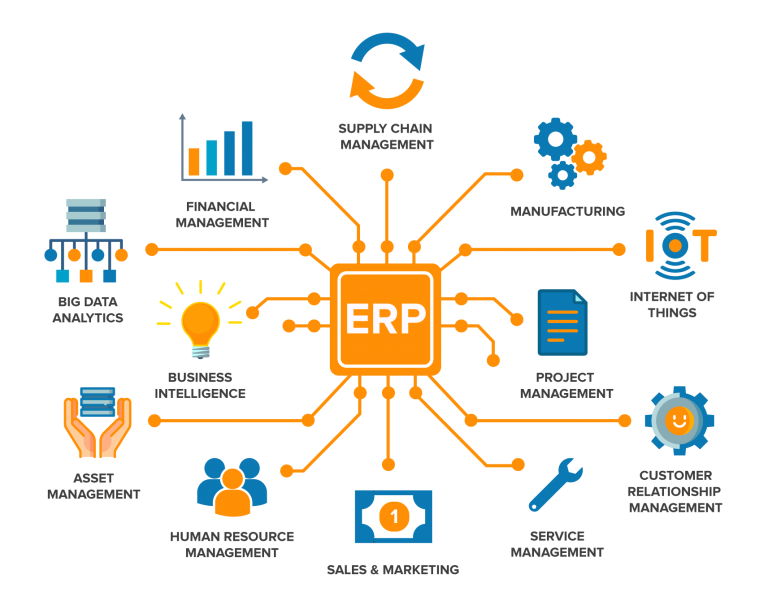UK Enterprise Software Market Outlook, Future Trends | 2035

A detailed UK Enterprise Software Market Share Analysis reveals a highly competitive and stratified market, where global software behemoths, specialized best-of-breed players, and a burgeoning ecosystem of UK-based scale-ups all compete for dominance. A significant portion of the market share, particularly in the large enterprise segment (FTSE 100 and FTSE 250 companies), is held by a handful of global software giants. Companies like SAP, Oracle, Microsoft, and Salesforce command a substantial share. Their competitive strategy is built on offering broad, integrated suites of applications (ERP, CRM, HCM, etc.) that serve as the central nervous system for large, complex organizations. Their advantage lies in their vast R&D budgets, global brand recognition, extensive partner ecosystems, and their ability to lock in customers through deep, and often complex, integrations. These players are increasingly competing on the vision of a unified, intelligent cloud platform, encouraging customers to consolidate their software spend with a single strategic vendor. The UK Enterprise Software Market size is projected to grow USD 62.5 Billion by 2035, exhibiting a CAGR of 4.835% during the forecast period 2025 - 2035. The battle among these titans for a larger share of the lucrative UK market is a defining feature of the competitive landscape.
Despite the strong position of these integrated suite providers, a very large and dynamic portion of the market share is captured by a vibrant ecosystem of best-of-breed, specialist vendors. This category includes a vast array of companies that focus on doing one thing exceptionally well. For example, in the CRM space, while Salesforce is a giant, numerous other players compete by focusing on specific niches (e.g., CRM for financial services) or by offering more user-friendly or cost-effective solutions for the mid-market. In the BI and analytics space, players like Tableau (owned by Salesforce) and Qlik compete fiercely with the embedded analytics modules of the larger suite providers. The competitive advantage of these specialists lies in their deep domain expertise, their agility to innovate more rapidly in their chosen niche, and their ability to offer more flexible, "composable" solutions that can be integrated into a customer's existing technology stack. This segment also includes a growing number of successful UK-native SaaS companies, particularly in the fintech and professional services software space, who leverage their local market knowledge to compete effectively.
Looking to the future, the distribution of market share will be increasingly influenced by a provider's ability to build an open, connected, and intelligent platform. The future of the competitive landscape is not just about the features a vendor offers natively, but about the strength and openness of its ecosystem. Market share will gravitate towards vendors who offer robust APIs and cultivate a thriving marketplace of third-party applications and integrations (like the Salesforce AppExchange or the Microsoft AppSource). This allows UK businesses to customize and extend the core platform to meet their specific needs. Furthermore, the embedding of artificial intelligence is becoming a critical competitive battleground. The vendor whose AI can deliver the most tangible business outcomes—whether through more accurate sales forecasting in a CRM or more efficient process automation in an ERP—will gain a significant competitive advantage. The competitive landscape will therefore reward those players who can master the twin strategies of platform openness and demonstrable, AI-driven business value.
Top Trending Reports -
- Art
- Causes
- Crafts
- Dance
- Drinks
- Film
- Fitness
- Food
- Giochi
- Gardening
- Health
- Home
- Literature
- Music
- Networking
- Altre informazioni
- Party
- Religion
- Shopping
- Sports
- Theater
- Wellness


